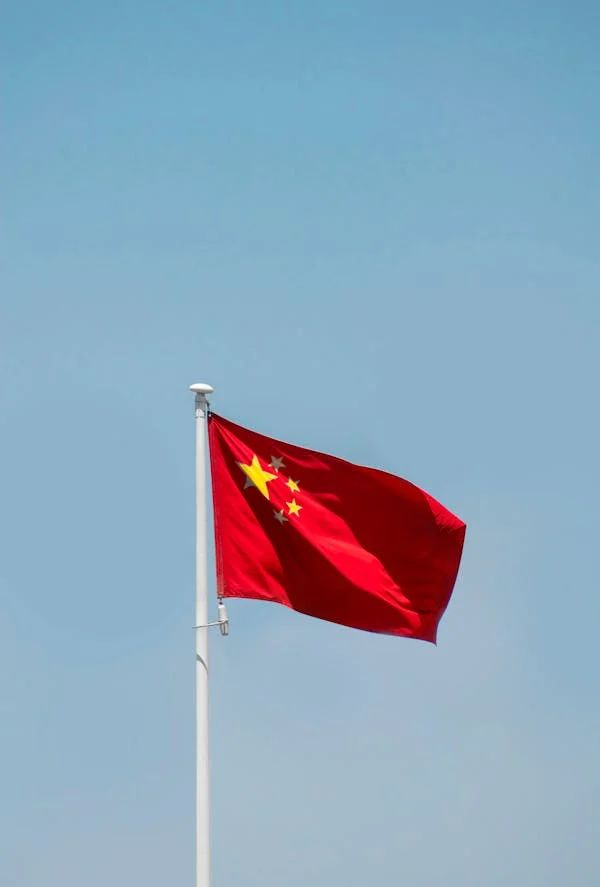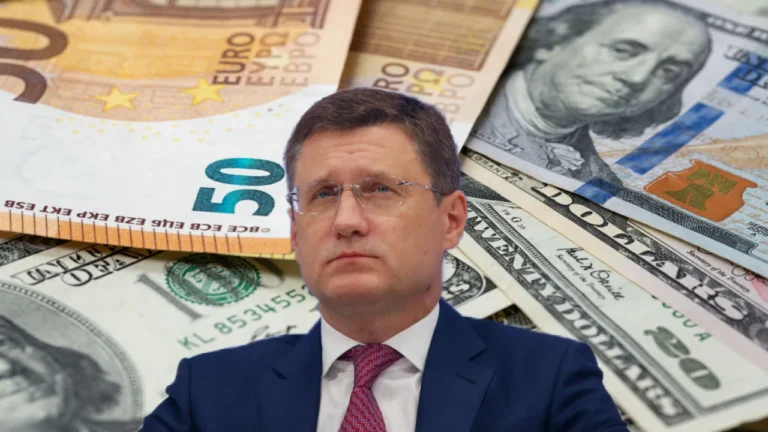As the World Trade Organization nears its 30th anniversary, the global trading system faces significant challenges. The US, EU, and China are embroiled in a major tariff war, the UK has left the EU’s single market, and the Covid-19 pandemic has disrupted global goods flow. With national security and decarbonization now competing with free trade, understanding the complexities of international trade has never been more crucial.
Two new books offer insights into these challenges. Dmitry Grozoubinski’s “Why Politicians Lie About Trade” aims to demystify international trade policy for the general public. Grozoubinski, a former trade official and current trainer of trade negotiators, provides a blunt and accessible guide to the intricacies of global trade, emphasizing how trade policy impacts everyday concerns like jobs and national security. He argues that while protectionism may seem like an easy fix, it often complicates social and economic issues, highlighting the need for better public understanding to scrutinize political and lobbying arguments.
Peter S. Goodman’s “How the World Ran Out of Everything” explores the profound disruptions to global supply chains caused by the pandemic. Goodman uses the story of a light-up Sesame Street figurine to illustrate the fragility and complexity of modern supply chains. His firsthand accounts reveal the inefficiencies and injustices within the system, pointing to deeper systemic issues in American capitalism where financial interests often overshadow other considerations.
Goodman contends that the pandemic exposed the vulnerabilities of a global economy overly reliant on intricate supply chains and concentrated manufacturing in China. He critiques the system as exploitative and argues that the disruption was not just due to the pandemic but also to the fundamental shifts in American capitalism over the last fifty years.
Together, these books underscore the importance of understanding and engaging with trade policy. For crypto traders, the lessons are clear: just as global trade impacts everyone, the dynamics of the crypto market also depend on understanding broader economic trends. Being informed and adaptable can lead to more strategic and successful trading decisions.



